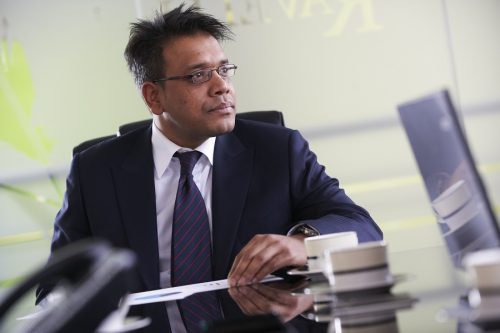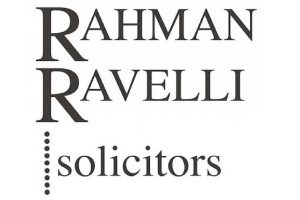False accounting is not just a problem for accountants

Aziz Rahman, of award-winning business crime solicitors Rahman Ravelli, emphasises the need for all companies to prevent accounting irregularities.

True, the accountants “do the books’’ and ensure that a company has received all it is owed and has paid all it owes. But they can only work with the information that they have been given. Many more people in a company can be held liable for false accounting.
At the time of writing, three former Tesco executives are set to face a re-trial related to a £250m accounting scandal at the retailer. The three men had been Tesco’s UK finance director, managing director and UK food commercial director and were charged with fraud and false accounting. Their titles alone indicate that their responsibilities lay beyond accountancy, and yet they were still charged with false accounting.
Definition
Under the Theft Act 1968, false accounting is defined as where a person dishonestly destroys, alters or conceals any document required for accounting or uses information from such a misleading document in order to make a gain or to cause loss to another. It can carry up to seven years’ imprisonment and, as the Act’s definition makes clear, is not an offence restricted to accountants.
It is important, therefore, that companies – and the individuals in them – do not rely on the accountants to identify, report and prevent false accounting. Each company needs to take a thorough, detailed view of the way it works and assess where the risks may lie.
Procedures to reduce the potential for false accounting – or any kind of dishonest behaviour, for that matter – must then be devised, explained to staff and implemented. These procedures may vary from business sector to sector and from company to company. But they must have, at their core, a clear system of checks and controls, scrutiny of company records and a way for anyone to report confidentially any suspicions of wrongdoing.
Help
If a company feels unable to do this itself, specialist help is available. We carry out such activities for companies and conduct internal investigations for them if problems are reported. Whether a company takes on these responsibilities itself or seeks external help is a decision for its management.
What a company cannot afford to do is nothing – or hope that the accountant will spot any problems. Either approach makes it more likely that someone working for or with the company will identify the potential to use false paperwork in order to make an illegal gain.
There may be some in business who do not see preventing false accounting as a priority. They may believe that if such problems exist it is not worth the time and expense of eradicating them. But if financial crime is being carried out in your company and you do not investigate, it may not be too long before the authorities start to take an interest.
Tesco as a company was not prosecuted over its false accounting. But it paid a £129M fine, £85M compensation to investors and legal expenses that took the total cost to £235M – and that does not take into account the huge damage to its reputation.
Not every false accounting case will be on the scale of Tesco. But the supermarket giant’s troubles can serve as a warning to all businesses about the need to prevent false accounting.
Aziz Rahman is founder of Rahman Ravelli; a top-ranked business crime firm in national and international legal guides.
www.rahmanravelli.co.uk








